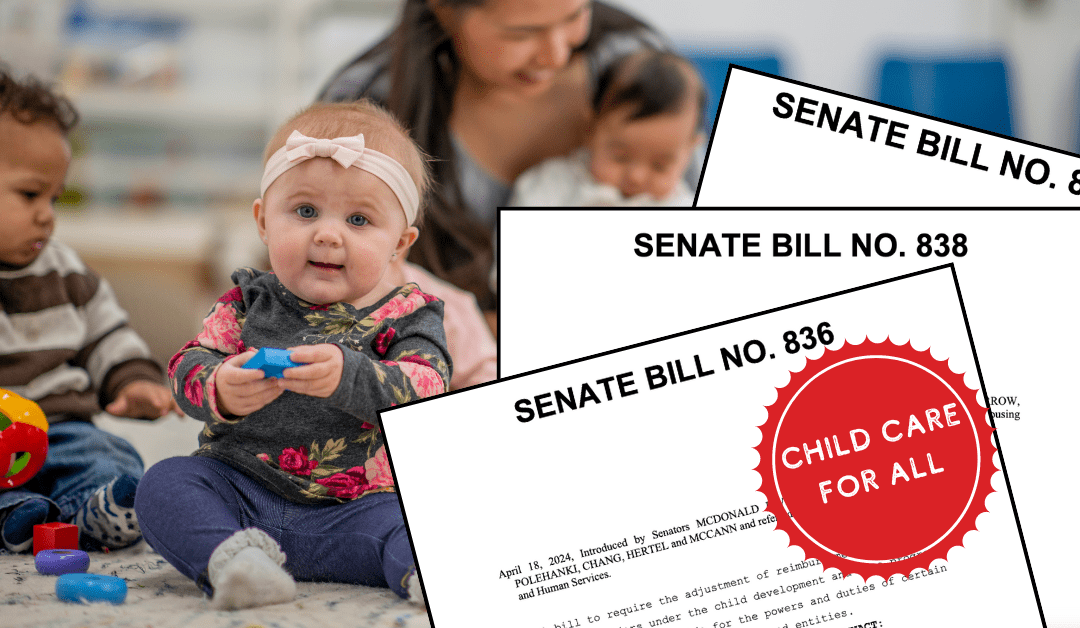
Want to make the shift to solar energy? Legislation introduced in the Michigan Senate could save you $15,000 on the cost of installing a new solar array and battery system.
MICHIGAN—Legislation introduced this month in the state Senate aims to create new state rebates for installing solar power and battery storage systems at home, with the goal of lowering costs and creating new incentives for Michiganders who make the shift to renewable energy.
Senate Bill 772, which was introduced on March 7 by state Sens. Sue Shink (D-Northfield Twp.) and Rosemary Bayer (D-West Bloomfield), would create new state rebates of $500 per kilowatt for solar systems and $300 per kilowatt-hour for new battery storage systems. Under the bill, those rebates would also be doubled (to $1,000 and $600) for low- and middle-income families.
“I know many of my constituents want to protect their families from frequent and prolonged power outages and see clean energy, particularly solar, as a way to safeguard themselves and their families,” Shink said in a statement earlier this month. “I’m excited to introduce this rebate incentive for Michigan consumers and urge my colleagues to take the bills up soon.”
Solar and battery systems, together, can cost between $25,000 and $35,000 to install, according to the US Department of Energy. But the state incentives—paired with 30% federal tax credits—are designed to make them more attainable for the average Michigander.
The National Renewable Energy Laboratory uses an average solar system size of 7.15 kilowatts. Under the bill, that would generate a rebate of up to $7,150 on the cost of installation. The average battery storage system of 12.5 kWh would also garner a rebate of up to $7,500.
“Lawmakers have the opportunity to empower consumers and their communities with this bill package,” said Juan Jhong-Chung, co-director for the Michigan Environmental Justice Coalition. “There are too many Michigan residents, particularly in low-income communities and communities of color, living with unreliable power—losing food, medicine, breast milk and other critical items when the lights go out.”
Other clean energy groups are touting the proposed rebates as a way to help lower utility costs for Michiganders, as well as provide a new avenue for safeguarding against power outages.
Dr. Laura Sherman, president of the Michigan Energy Innovation Council, said investing in solar energy and battery storage systems will allow more Michiganders to generate their own power and support the electrical grid, which is “good for our economy and good for our communities.”
“We know Michigan residents want more clean energy and installing solar panels with a back-up battery is a smart way to do just that,” Sherman said in a statement about the bills this month.
The legislation has since been referred to the Senate Committee on Energy and Environment.
Similar state incentives were also introduced last year under House Bill 4839 and 4840—part of a package of bills known as the “MI Power for All” plan to help promote solar energy adoption.
Those bills would also create rebates for residential and commercial customers who install solar energy systems, as well as require the Michigan Public Service Commission to establish new rules that enable customers to receive more compensation for generating any excess electricity.
Another package of clean energy laws signed last year by Gov. Gretchen Whitmer is also set to help accelerate Michigan’s transition to cleaner energy for Michiganders by requiring electricity providers to source most (and eventually all) energy through renewable sources by 2040.
Jenna Warmuth, regional director for Vote Solar, said the proposed rebates would help customers tap into solar energy and ensure Michigan meets those new energy standards: “This is a win-win for Michigan consumers and ensures the future of the state looks bright,” she said.
According to Whitmer’s office, the new clean legislation that was signed into law last year is also set to help lower household utility costs by an average of $145 annually, create 160,000 new jobs, and lure nearly $8 billion in federal tax dollars to Michigan for clean energy projects.
READ MORE: Whitmer lays out benefits of clean energy future plan
For the latest Michigan news, follow The ‘Gander on Twitter.
Follow Political Correspondent Kyle Kaminski here.
Politics

SEIU workers ahead of NFL Draft: We are ‘the backbone of Detroit’
BY KEN COLEMAN, MICHIGAN ADVANCE MICHIGAN—A day ahead of the National Football League annual draft being held in Detroit, Service Employees...

Investigator says Trump, allies were uncharged co-conspirators in plot to overturn Michigan election
DETROIT—A state investigator testified Wednesday that he considers former President Donald Trump and his White House chief of staff to be uncharged...

Michigan Dems introduce ‘Child Care for All’ legislation to lower costs for families
Lawmakers say Michigan is facing a ‘child care crisis.’ But a series of bills introduced this month would help to make child care (much) more...
Local News

The 10 best burger joints in and around Lansing
Warning: Do not read this list if you missed lunch or you will find yourself hopping in the car to drive to these best burger joints in Lansing. ...

10 unique wedding venues in Michigan to suit every kind of couple
From a distillery in Detroit to a summer camp, we’ve rounded up some of Michigan’s most unique wedding venues. Of all the elements you need to...





